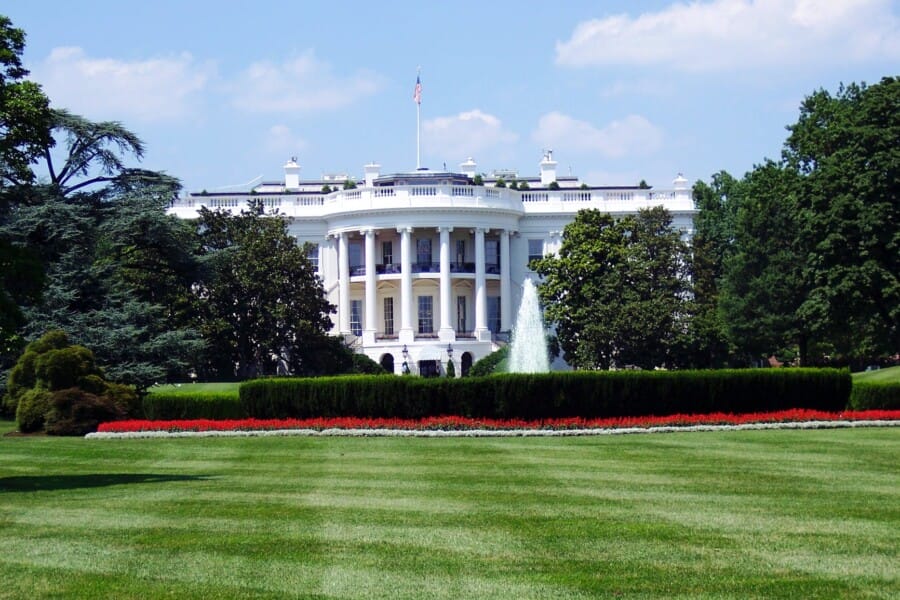Did anyone else need to just sit in silence after last night’s debate? I spent the weekend watching the Stanley Cup final, and somehow it felt like there was more brawling on the stage in Ohio last night than there was on the ice.
Despite Joe Biden’s declaration that “Roe v. Wade is on the ballot,” in regards to the nomination of Amy Coney Barrett to the Supreme Court, the candidates never discussed abortion.
President Trump responded, “you don’t know her view on Roe,” and he’s right. It would be inappropriate for any judge to state how she would rule on a case that is not before her. Ironically, this principle is called “the Ginsburg Rule,” named after Justice Ruth Bader Ginsburg famously refused to answer questions about specific cases during her confirmation hearings.
President Trump reiterated that he has the right to nominate, and the Republican-led Senate the right to confirm, a new justice because “elections have consequences.” Joe Biden focused on the upcoming Affordable Care Act challenge before the Supreme Court, stating that “women’s rights would be fundamentally changed” without elaborating on what that means.
Meanwhile, Judge Barrett is blitzing the Capitol, meeting with a number of Senators this week. Part of the Senate’s “advice and consent” process typically includes the nominee meeting one-on-one with Senators of both parties to answer their specific questions. This is particularly useful for those Senators who do not sit on the Judiciary Committee. Democrats continue to say they will not meet with her, which ultimately may speed up the process and ensure her confirmation ahead of the election.
A hundred years from now, people will wonder about this Judge Barrett-Senator Crapo elbow bump.
Her fellow SCOTUS clerk turned Harvard Law Professor Noah Feldman wrote a glowing endorsement of Judge Barrett:
“[P]olitical judgments need to be distinguished from a separate question: what to think about Judge Amy Coney Barrett … And here I want to be extremely clear. Regardless of what you or I may think of the circumstances of this nomination, Barrett is highly qualified to serve on the Supreme Court. I disagree with much of her judicial philosophy … Yet despite this disagreement, I know her to be a brilliant and conscientious lawyer who will analyze and decide cases in good faith, applying the jurisprudential principles to which she is committed. Those are the basic criteria for being a good justice. Barrett meets and exceeds them.”
Confirmation hearings begin on October 12 and will extend through that week. It’s going to be a busy couple of weeks, friends.




